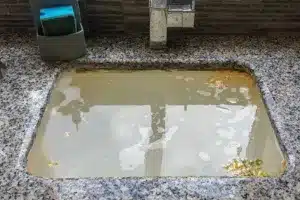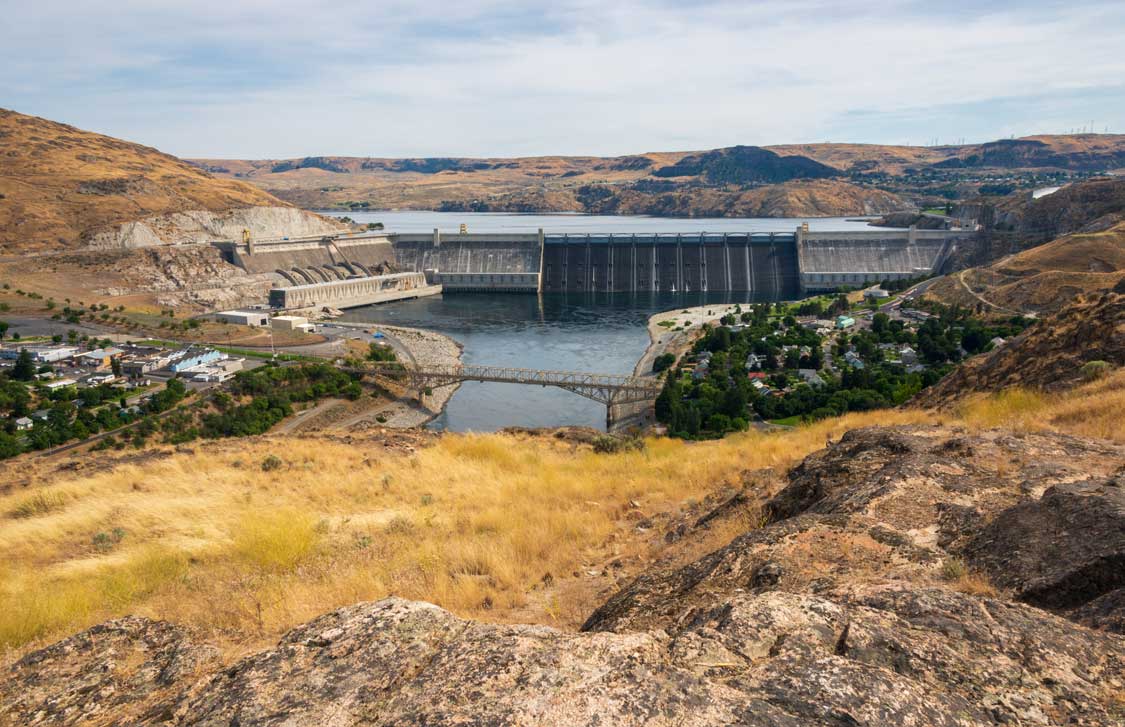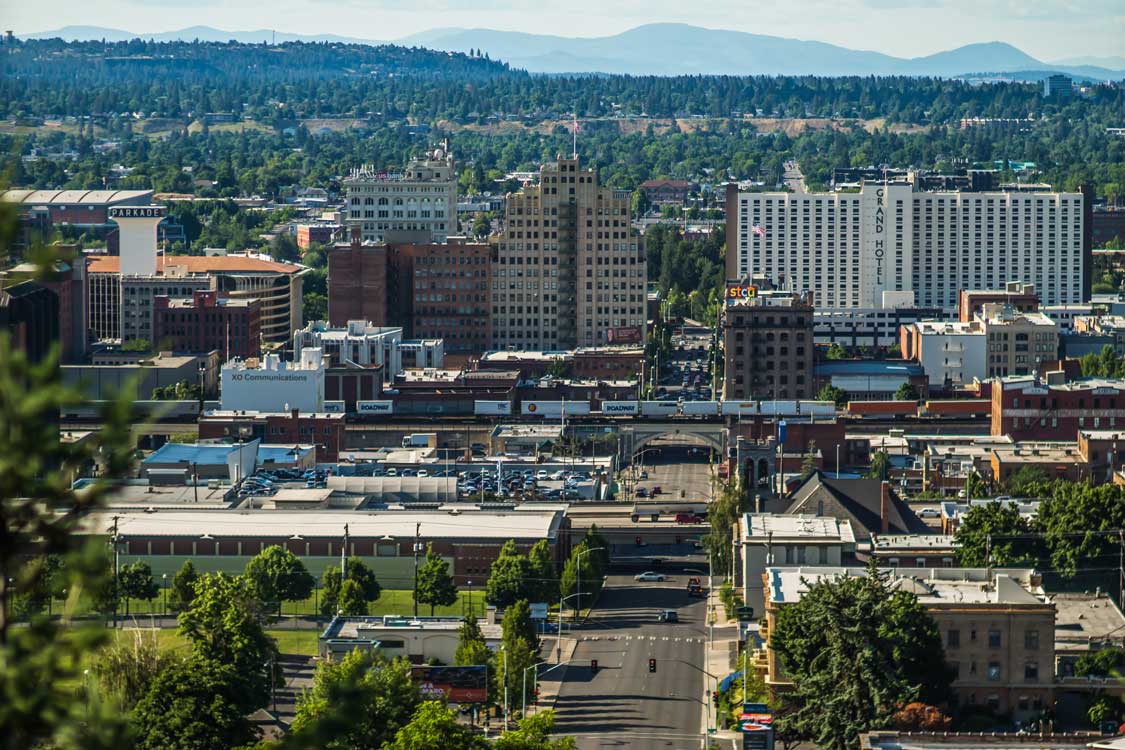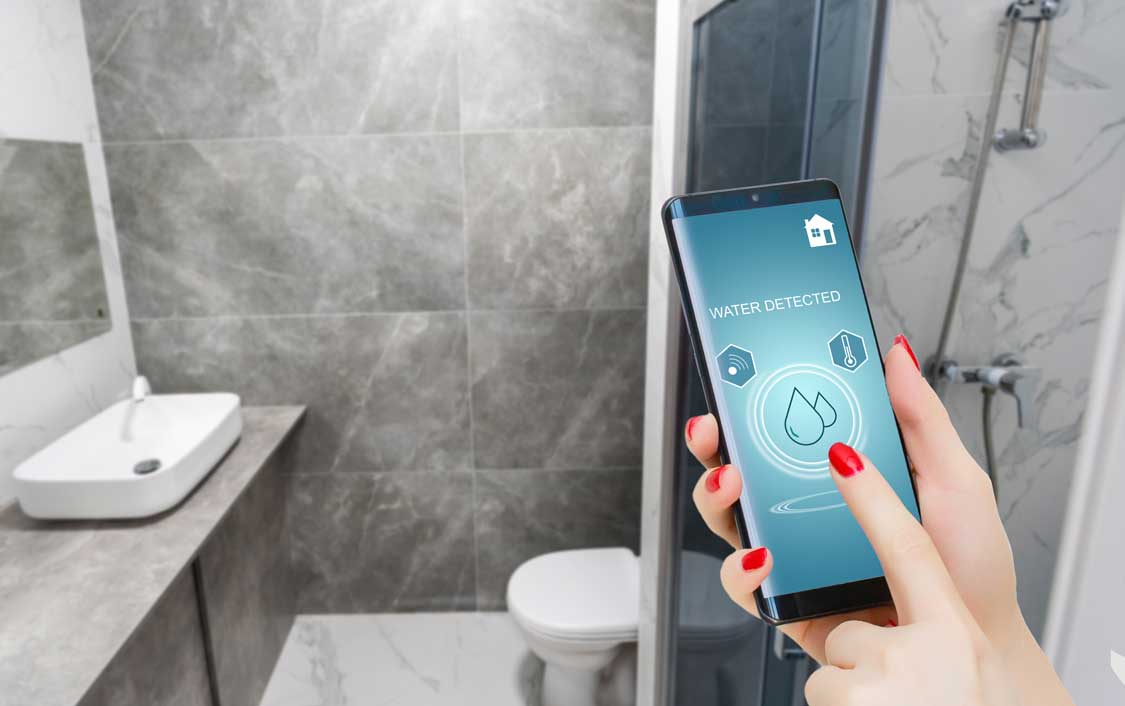The best way to prevent clogged drains is to avoid the things that can clog them in the first place, but that’s not always possible. If you do have a drain clog, though, don’t worry — it’s actually easy to remove most clogs with the right supplies and a little bit of time and effort.
Tips for Preventing Drain Clogs
Understand why drains clog
In order to prevent clogs, you first need to understand what causes them. There are three basic types of drain clogs: hair clogs, food and other organic material, and grease. Hair can easily collect in drains due to their size and shape; flushing it down won’t help because hair does not dissolve in water. It also doesn’t decompose, so if you don’t clear it out right away your drain will just keep getting more blocked up as more hair accumulates there.
Food is another common culprit for clogging drains—seemingly harmless things like potato peels or coffee grounds will build up in your drain after several uses and cause a backup over time. Grease takes longer to create a problem but ultimately creates larger clogs that need to be taken care of immediately. These items should never go down your drain, but they frequently do simply because they slip past our notice while we’re busy with life. A minor drain clog may only require an overnight snake job, but if you let it go too long you might have an enormous problem on your hands that requires professional plumber service.
Clean your drain regularly
One of the best ways to prevent clogs in your drains is to be diligent about keeping them clean. Just as you should be cleaning out other parts of your home on a regular basis, don’t forget about your drains! Take an hour every month and use a bottle brush or plunger to get rid of hair and debris that have collected in and around them. Any buildup can eventually cause problems so stay on top of it!
Use Garbage Disposals Responsibly
It may seem harmless to grind up small bits of food and toss them down your sink drain. But if you use your garbage disposal too much, it can clog with grease. When this happens, it starts to smell really bad, and you’ll have to call a plumber out just to get things flowing again. So be careful how often you turn on that disposal—and always remember: If it goes down the drain, let it go down!
Do Not Pour Grease Into the Drain
Grease is like a magnet for other food particles and hair, which can clog up your drains. To prevent clogs in drains, be careful not to pour grease into your sink or toilet. Grease can also cling to other types of garbage and cause a buildup, so try to avoid flushing things that could potentially get tangled up in your plumbing. If you do have a grease clog, mix vinegar with baking soda and then pour it down your drain.
Prevent Hair From Going Down The Drain
One of the most common causes of clogs in drains is long hair. It may seem like a simple solution, but if you want to prevent your drains from clogging up, consider purchasing a high-quality hair catcher or strain stopper. This will prevent hairs from going down your drain and eventually making their way into a clog.
Do Not Put Cooking Fat Into the Sink Or Drain
Cooking fat solidifies at room temperature, which means that if you pour it down your sink it will stick to your pipes and can even clog them completely. If you use cooking fat, make sure you dispose of it correctly by putting it in a container (with a lid!) or placing it in your trash bin.
Blocked Pipes Are Easy To Solve With Chemical Solutions
There are dozens of different chemical options that can help you unclog a drain, but they each have their own pros and cons. Keep in mind that these chemicals might damage your pipes if you apply them incorrectly, so it’s important to familiarize yourself with how to unclog a drain safely before proceeding.
Use Fats and Oils Sparingly When Cooking
Oils and fats can cause clogs when they cool off after cooking. When you’re frying meat or veggies, only add enough oil to cover half of what you’re cooking at most; if you’re sautéing, use a quarter of what you would normally use. When a pan starts smoking, it’s already too late: You should have added less oil in order to avoid such high heat! If you find that your foods are sticking to your pans (and therefore creating more grease), try lining them with tin foil before adding food—the foil will prevent foods from sticking as much as they otherwise might. Just remember to remove it before serving!
Avoid Flushing Things Down The Toilet That Shouldn’t Go There At All
There are a lot of things you should avoid flushing down your toilet. Toilet paper is a given, but hair is another big one that most people don’t realize isn’t supposed to go in there. That goes double for grease and fat, which can congeal into solid balls that won’t easily dissolve. When in doubt, follow these general rules: If it was alive when you put it in there (for example food), if it was attached to something when you put it in there (like a toothbrush or Q-tip), or if it won’t decompose quickly enough on its own, then chances are good that it shouldn’t be flushed down your toilet at all!
Call in Professional Help If You Need It!
A clog in your drain can be a serious problem, and you should never underestimate just how damaging it can be. It’s possible to clear up a clog yourself, but sometimes calling in professional help is necessary. In fact, if you have severe blockages, chances are that you will need an expert to help unclog them. Regardless of your drainage issue, though, keep these tips in mind to prevent clogs from forming as often as possible.







